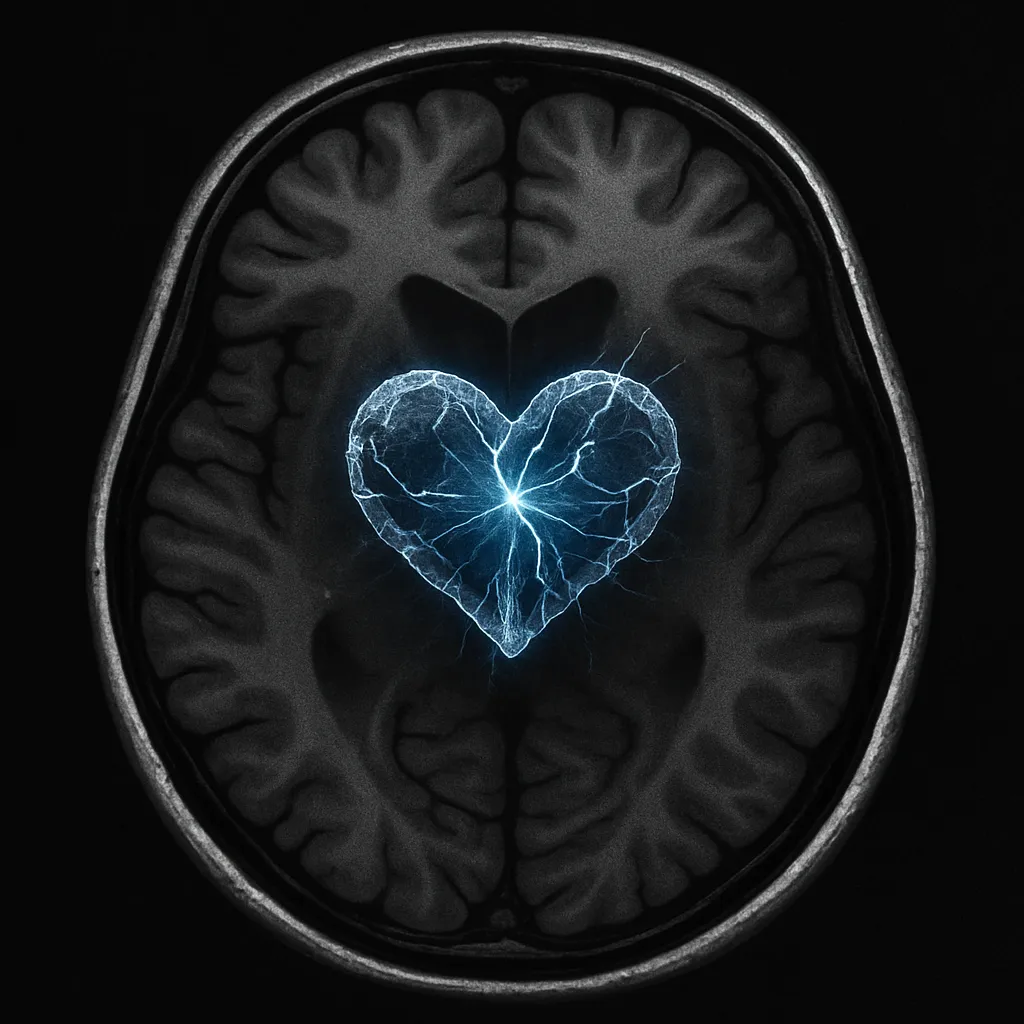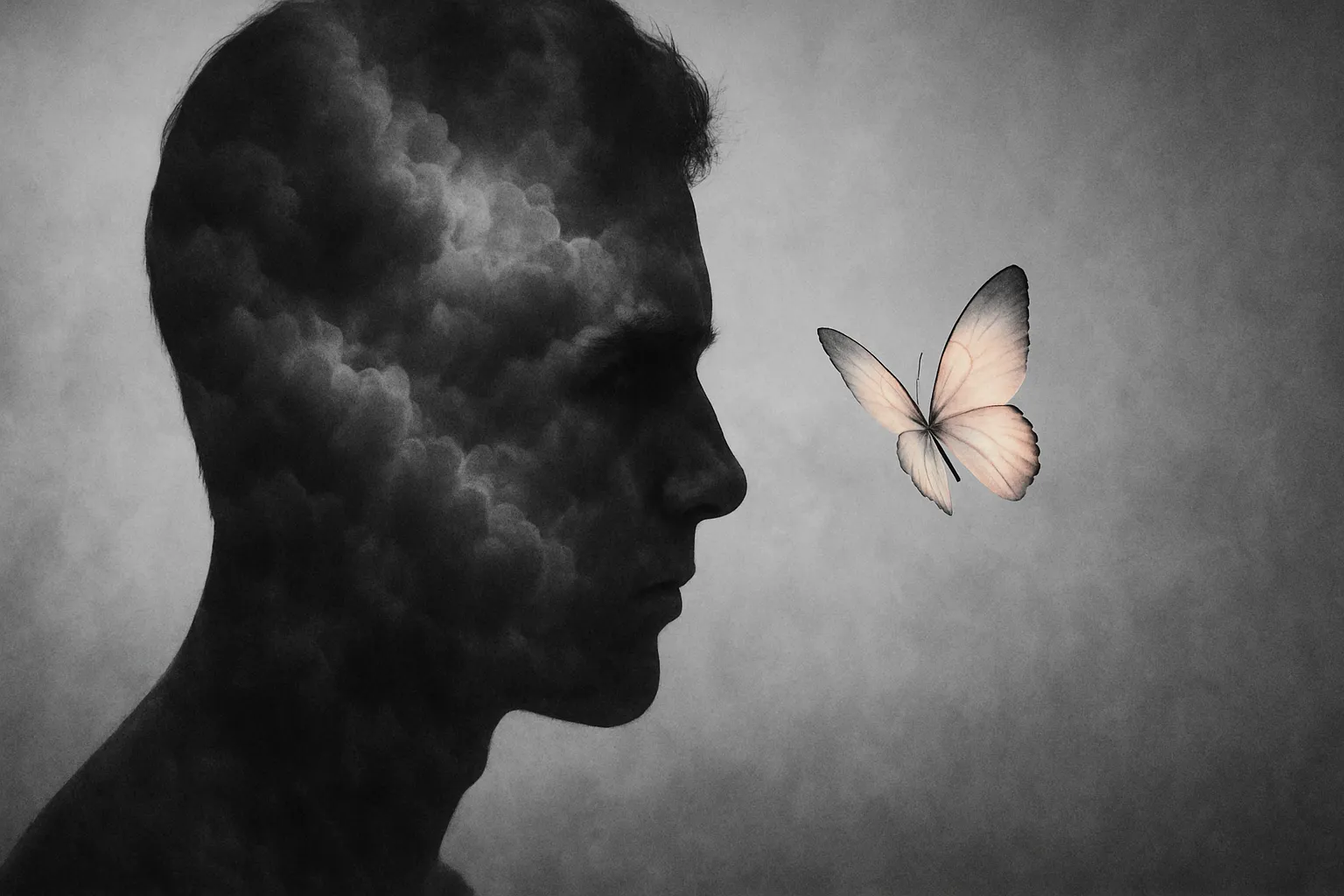How Long Does Heartbreak Actually Last? (The Science)

The One Question Everyone Asks
In the throes of heartbreak, when every day feels like a struggle, one desperate question echoes in our minds: How long will I feel this way? We crave a deadline, a finish line for our pain. While there is no magic number that applies to everyone, science offers incredible insight into why heartbreak feels so devastating and provides an evidence-based framework for understanding the healing process. The answer isn't a date on a calendar, but a profound reassurance that your pain is real, measurable, and above all, temporary.
Your Brain on Heartbreak: An Addiction and a Withdrawal
Why does heartbreak feel like a primal obsession? Because in many ways, it is. Neuroscientists using functional MRI (fMRI) scans have found that romantic love activates the brain's reward system, particularly the ventral tegmental area (VTA). This area is rich in dopamine and is the very same region of the brain associated with addiction to substances like cocaine and nicotine.
When you are in love, you are addicted to your partner. When they leave, that supply of dopamine is abruptly cut off. Your brain goes into a state of withdrawal, leading to the intense cravings, obsessive thinking, and distress you feel. Furthermore, brain scans show that the pain of social rejection activates the same areas as physical pain, such as the anterior cingulate cortex. This is why a broken heart can genuinely feel like a physical injury—your brain processes it in a remarkably similar way.
The Body Keeps the Score: Cortisol and the Stress Response
The experience of heartbreak isn't just in your head; it's a full-body event. A breakup is a major life stressor, triggering the body's fight-or-flight response and flooding your system with stress hormones, most notably cortisol. In the short term, this is helpful for survival, but when you experience the chronic stress of a breakup, prolonged high cortisol levels can lead to:
- Disrupted sleep patterns
- A suppressed immune system (making you more susceptible to getting sick)
- Anxiety and depression
- Digestive issues
In rare, extreme cases, this intense emotional stress can even lead to a condition called Takotsubo cardiomyopathy, or "broken-heart syndrome," where the heart's main pumping chamber temporarily weakens. This is a powerful reminder of the profound connection between our emotional state and our physical health.
So, How Long? What Psychological Studies Suggest
This is the million-dollar question. While it's crucial to remember that everyone's timeline is unique, research can give us some general goalposts. A 2007 study published in The Journal of Positive Psychology found that 71% of participants who had gone through a recent breakup began to feel better after about three months (approximately 11 weeks). It's important to note this means they felt significantly better, not that they were completely "cured." For divorce, the timeline is often longer, with some studies suggesting an average of 18 months to move on.
The timeline varies so widely because it's influenced by numerous factors:
- The length and intensity of the relationship.
- Whether you were the one who ended things or the one who was left.
- Your individual attachment style (securely attached individuals tend to recover more resiliently).
- The strength of your social support system.
- The degree to which your identity was intertwined with the relationship.
Accelerating the Timeline: How You Can Help Your Brain Heal
You cannot force healing, but you can create the optimal conditions for it. The best healing strategies work because they directly address the biological processes at play.
- No-Contact: This is the most effective strategy because it helps break the addiction cycle. Every time you contact your ex, you're giving your brain a small "hit" of dopamine, reinforcing the craving and prolonging the withdrawal.
- Exercise: Physical activity releases endorphins, which are the body's natural mood elevators and painkillers. They act on the same receptors as opioids, providing real relief.
- Social Connection: Spending time with supportive friends and family releases oxytocin, the "bonding hormone." This powerful hormone helps counteract the effects of cortisol and fosters feelings of safety and connection.
- Trying New Things: Engaging in novel activities helps create new neural pathways in your brain, literally rewiring it to form new habits and associations that aren't tied to your ex.
Healing is Not a Feeling, It's a Biological Process
While science can't give you a precise end date for your pain, it offers this profound reassurance: your heartbreak is a real, measurable, biological event. Your brain and body are actively working to mend themselves, just as they would from a physical wound. The process of healing is not just a vague hope; it is a scientific certainty. Trust in your biology, be patient with the process, and know that on a cellular level, you are already on your way to being whole again.


